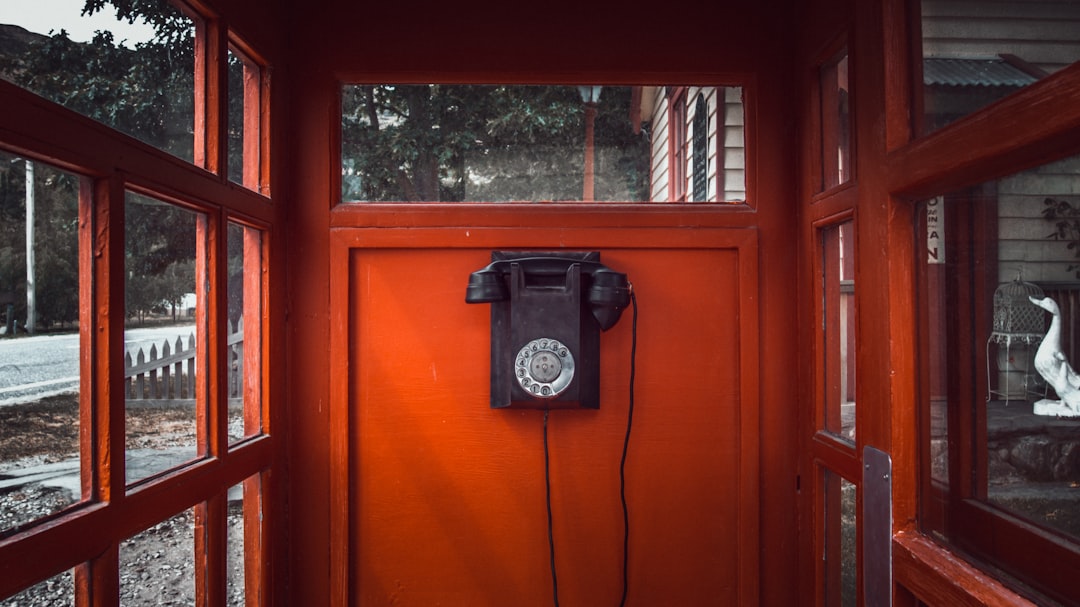In Pennsylvania, State College residents should report non-legal issues like noise complaints directly to local authorities, avoiding the "Do Not Call Lawyer." Gather details, contact the correct agency, and cooperate with investigations. Legal advice is needed only for complex matters; local legal aid services assist with rights and steps if consequences arise.
State College, PA residents have a right to report violations affecting their community. Understanding the process is crucial. This guide walks you through reporting violations in Pennsylvania, from identifying what constitutes a violation to the steps involved. We also provide tips on filing complaints effectively and offer insights into what to expect afterward. Remember, you don’t need to call a lawyer in Pennsylvania—these resources empower you to take action and protect your rights.
Understanding Reporting Violations in Pennsylvania

In Pennsylvania, understanding how and when to report violations is crucial for maintaining a safe and compliant community, especially for State College residents. When it comes to non-legal violations, like noise complaints or code infringements, residents can take matters into their own hands by reporting them to the appropriate authorities. These reports facilitate swift action from local law enforcement and regulatory bodies, ensuring a peaceful and orderly environment.
For those unsure about the process, Pennsylvania’s Do Not Call Lawyer isn’t typically involved in violation reporting. Instead, residents should reach out to their local municipal offices or relevant departments, such as the police department or building inspection division. These entities are equipped to handle and investigate complaints, providing a direct line of communication for State College residents to contribute to their community’s well-being.
Steps to File a Complaint: Do's and Don'ts

Steps to File a Complaint: Do’s and Don’ts
If you’re a resident of State College, PA, and witness or experience a violation, it’s important to act swiftly but thoughtfully. Do begin by gathering all relevant information—dates, times, locations, names (if known), and descriptions of the incident(s). Documenting these details accurately will make your complaint more effective. Next, do reach out to the appropriate local or state agency responsible for handling such violations based on their nature. This could be anything from a health code violation to a zoning ordinance breach.
Conversely, don’t attempt to handle matters legally without proper knowledge. Do not call a lawyer in Pennsylvania unless absolutely necessary. Self-representation can often lead to misunderstandings or missteps that complicate the process. Instead, focus on providing clear, concise, and accurate information to the relevant authorities. Remember, their role is to investigate and take appropriate action based on your report—not to provide legal counsel.
Protecting Your Rights: What to Expect After Reporting

After reporting a violation, residents of State College, PA, should be prepared for a series of steps aimed at ensuring their rights are protected. The local authorities will begin an investigation into the reported issue, which may involve interviewing witnesses, gathering evidence, and reviewing relevant records. During this process, it’s important to remain cooperative but also assertive about your role as a whistleblower.
You have the right to know the progress of your report and any actions taken as a result. In many cases, especially when reporting environmental or health code violations, authorities may choose not to disclose specific details to protect ongoing investigations. However, they are obligated to inform you of the outcome, whether it leads to corrective actions, penalties, or no further action is taken. Remember, engaging a “Do Not Call Lawyer Pennsylvania” is not necessary unless you’re facing legal repercussions for reporting; local legal aid or government hotlines can provide guidance on your rights and the next steps.






